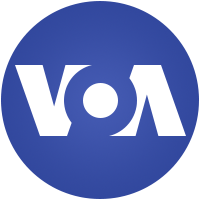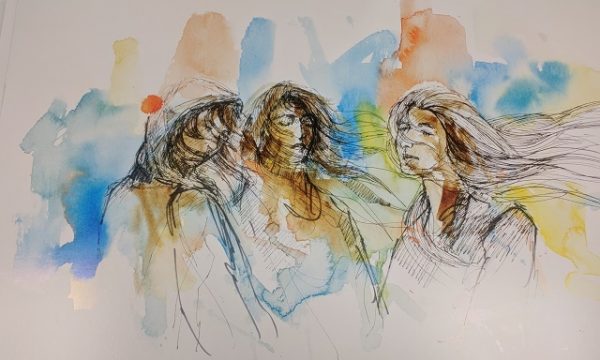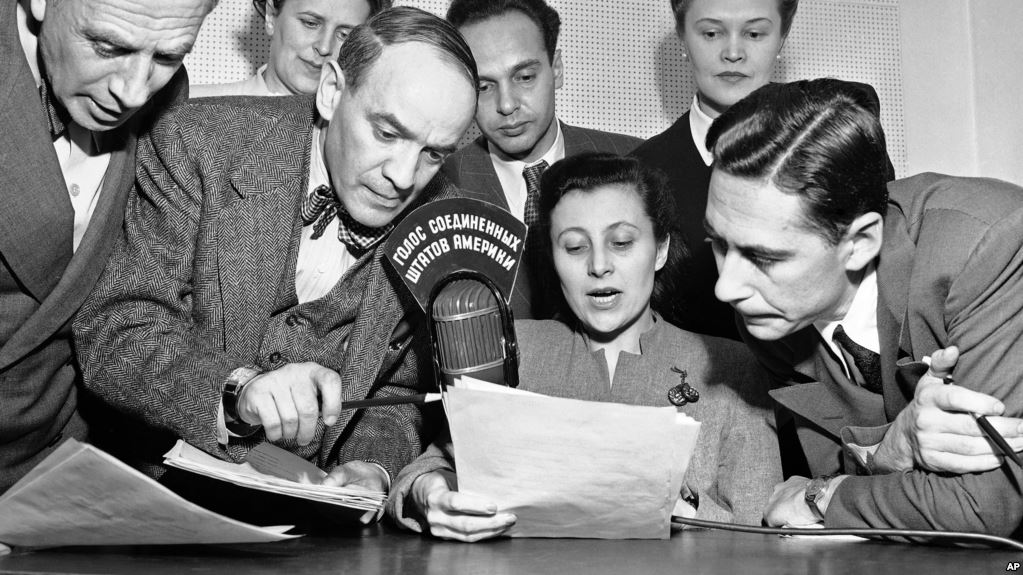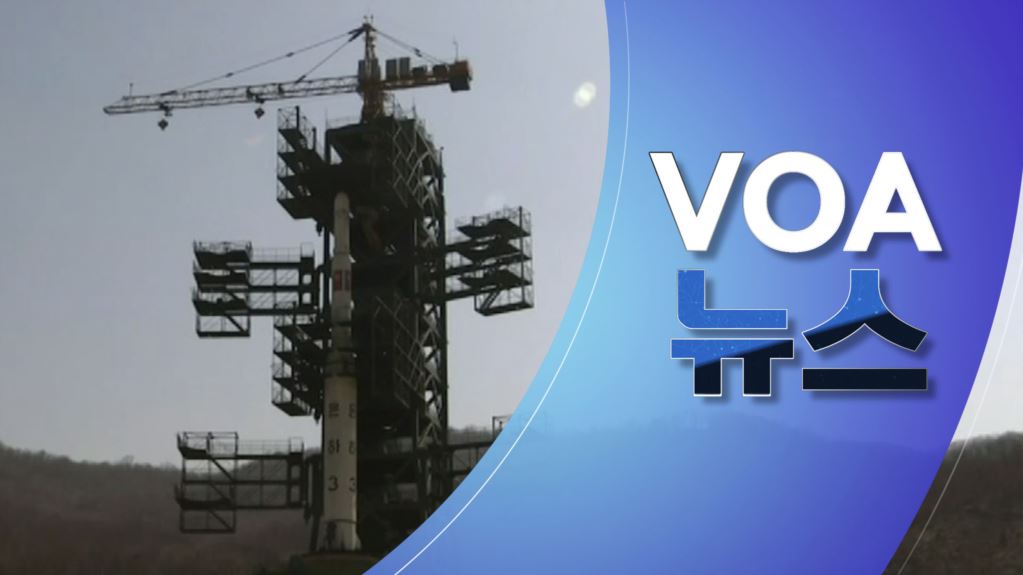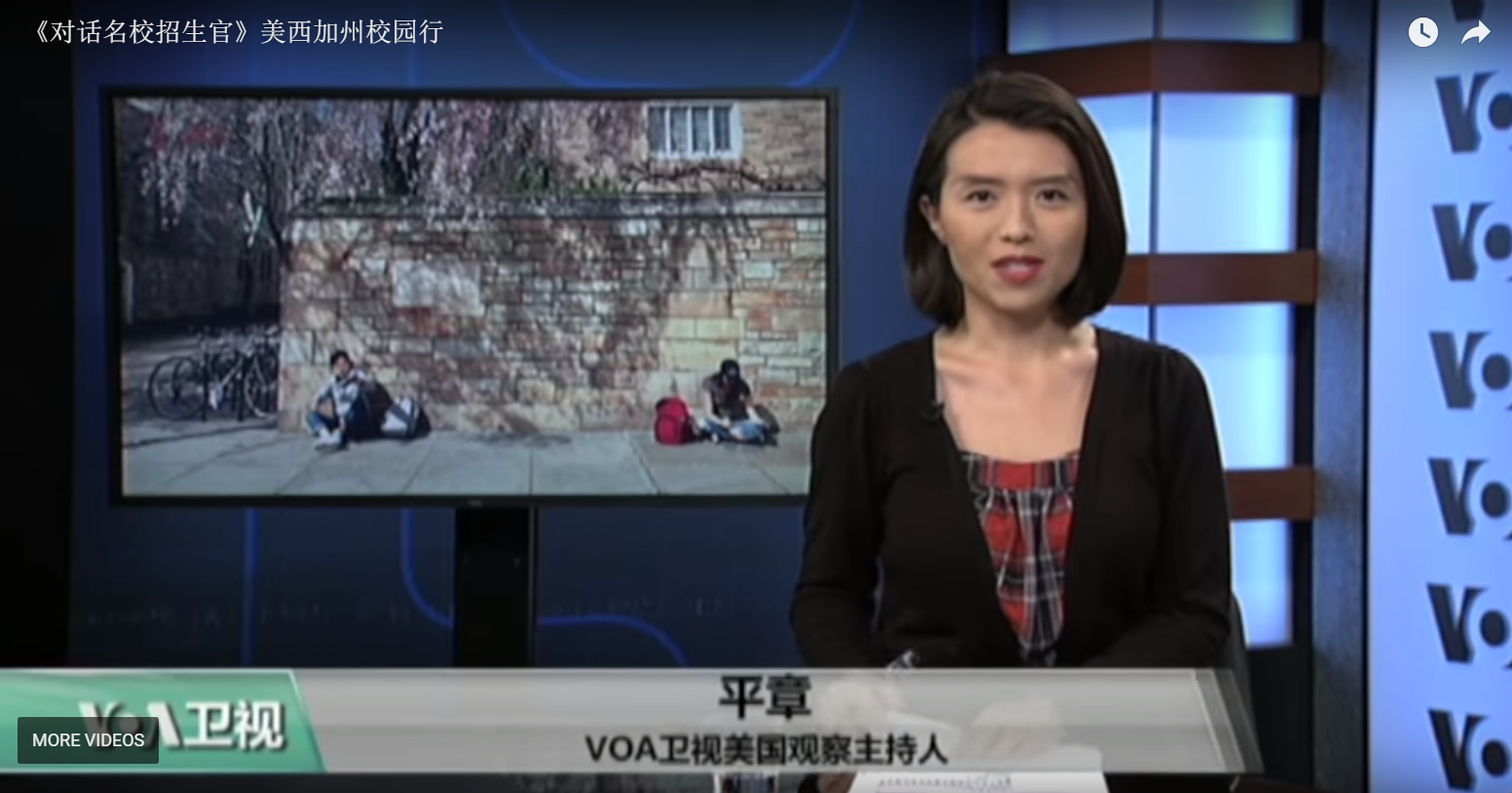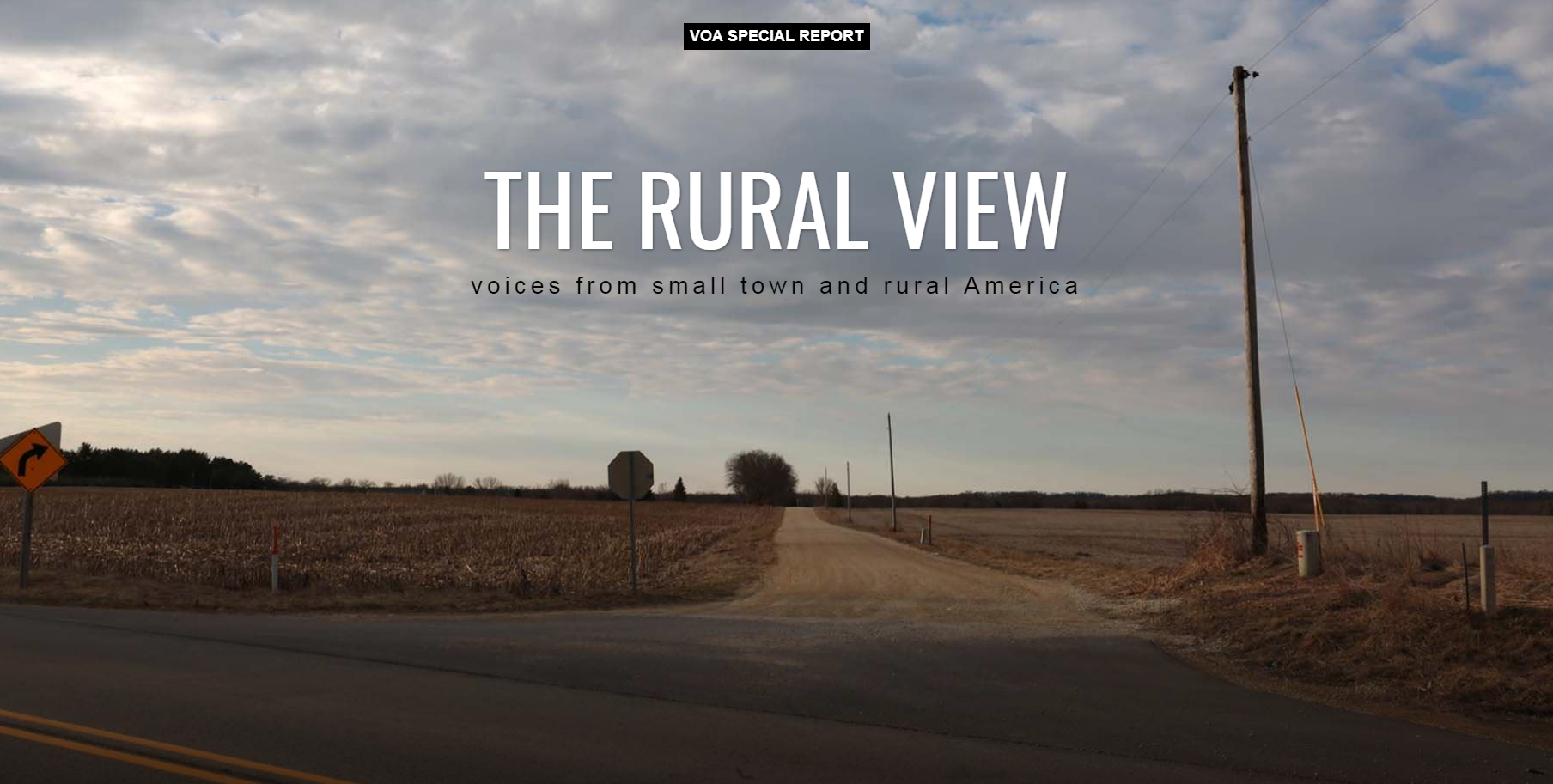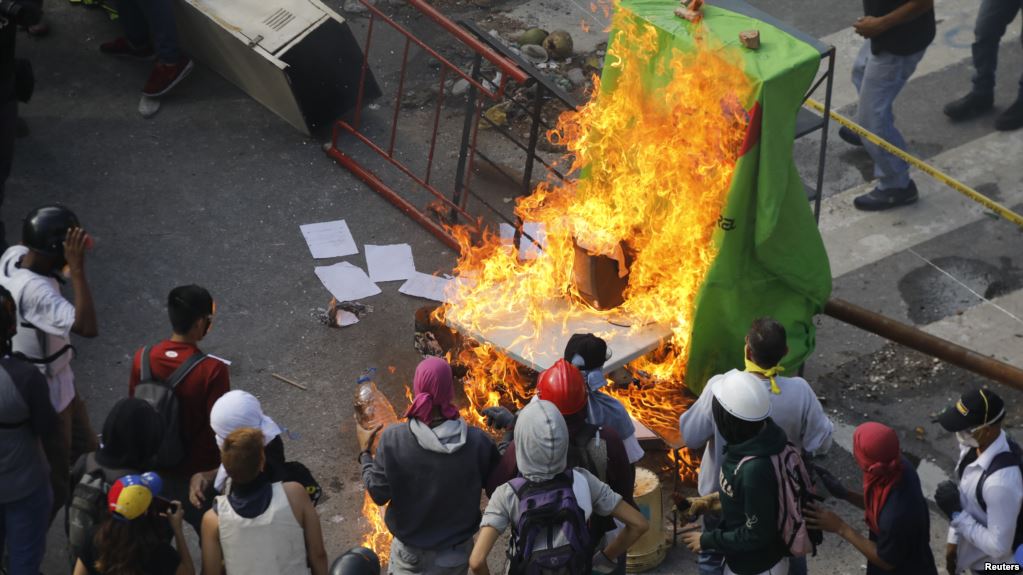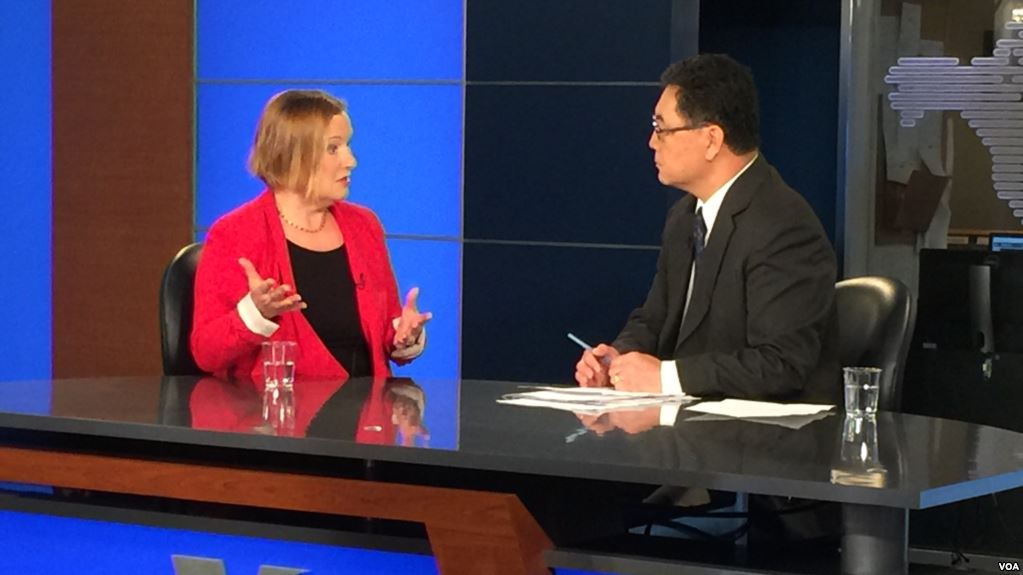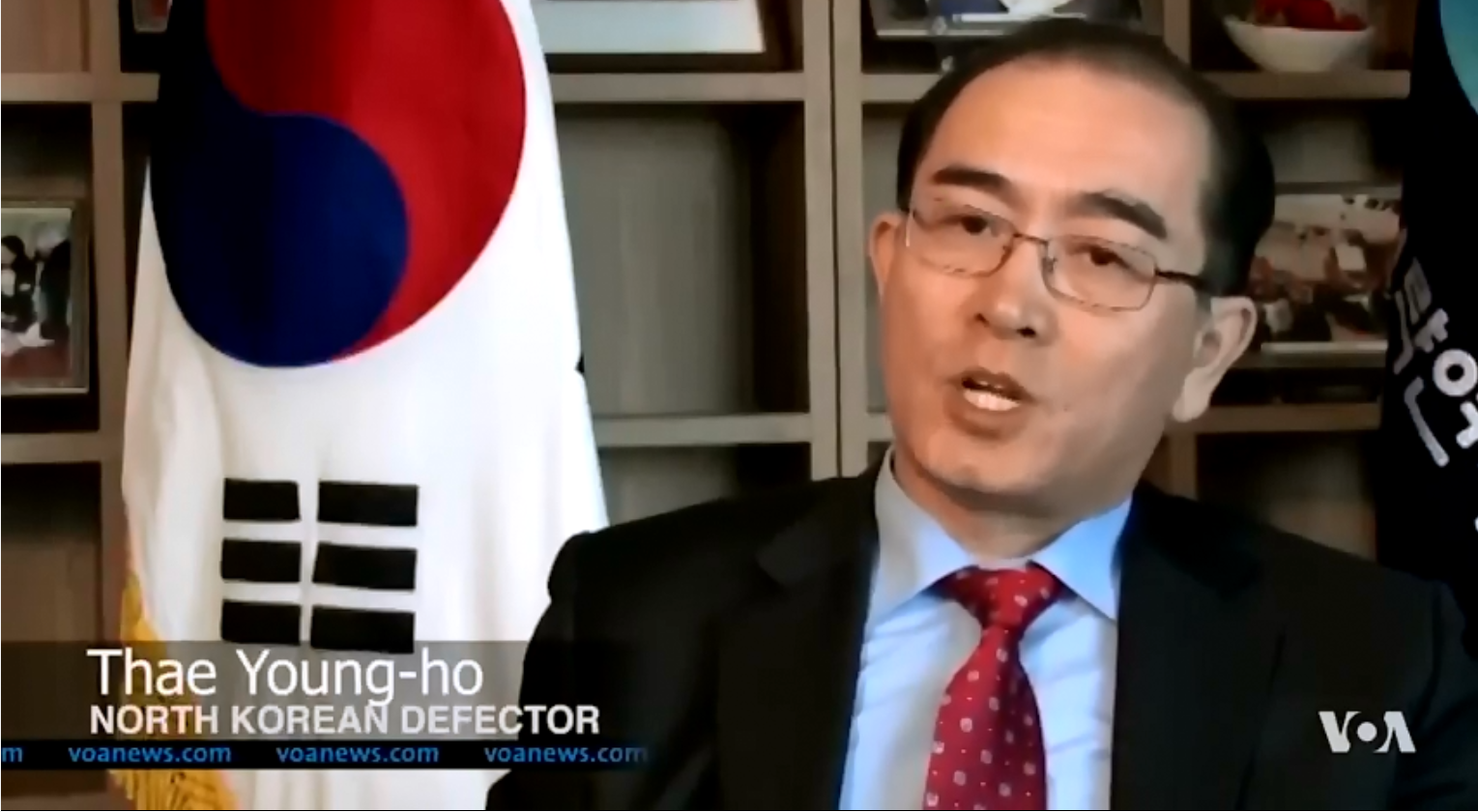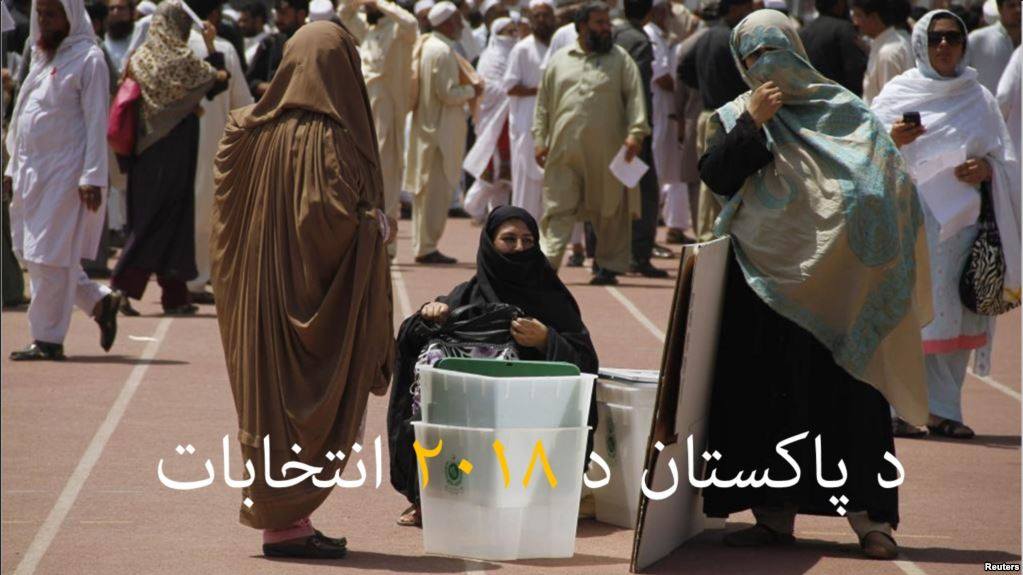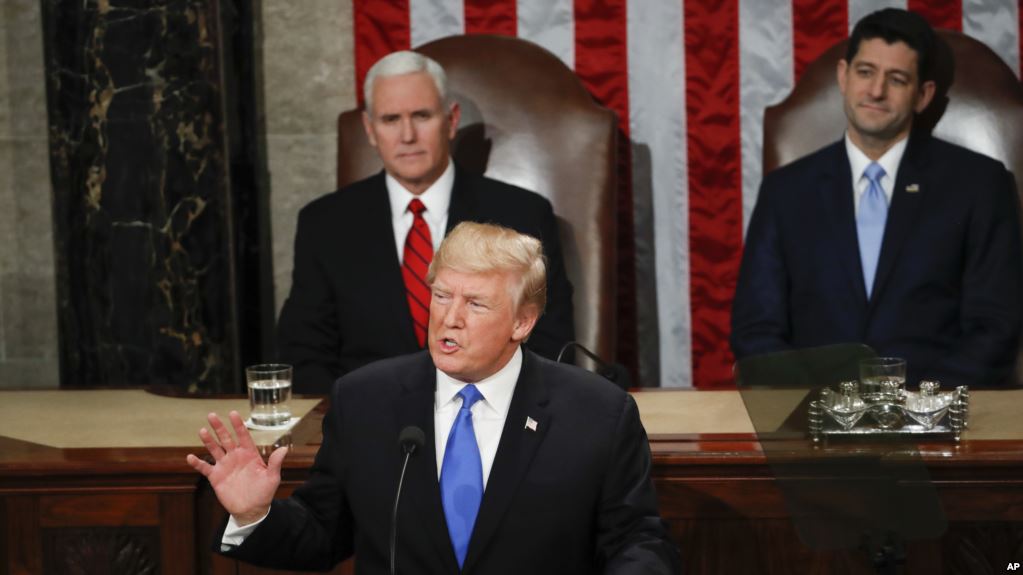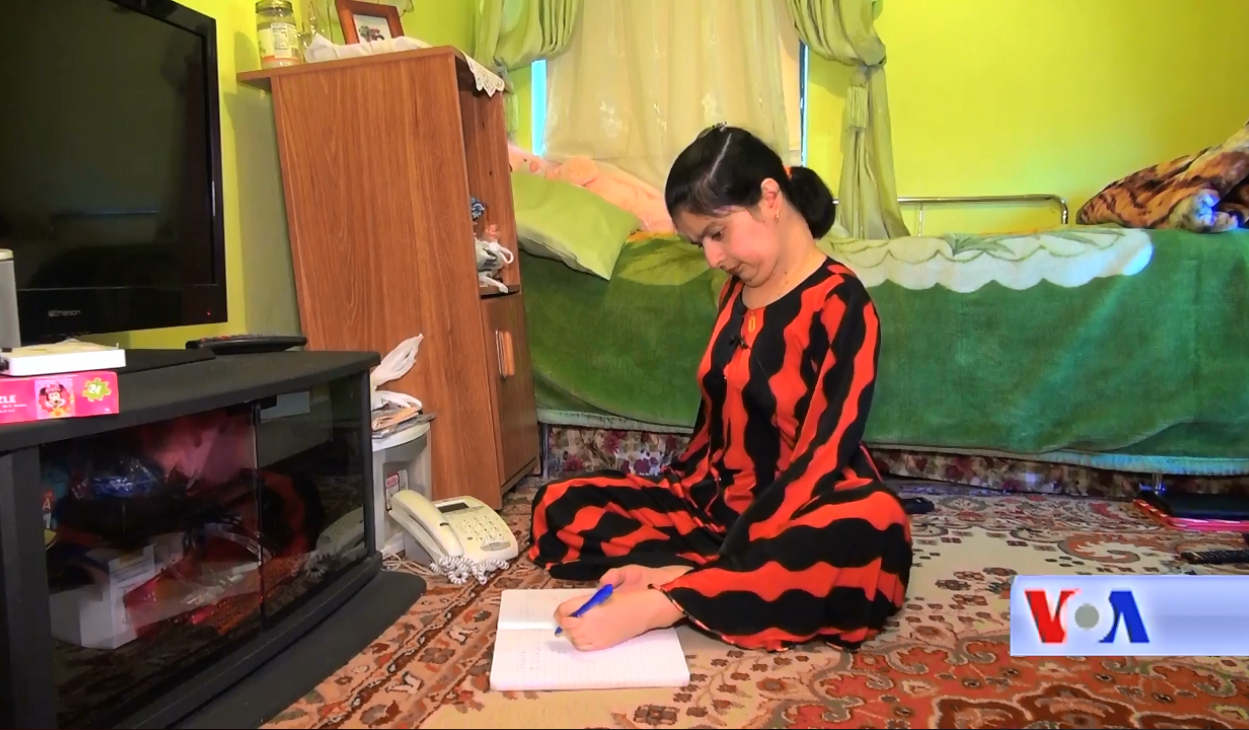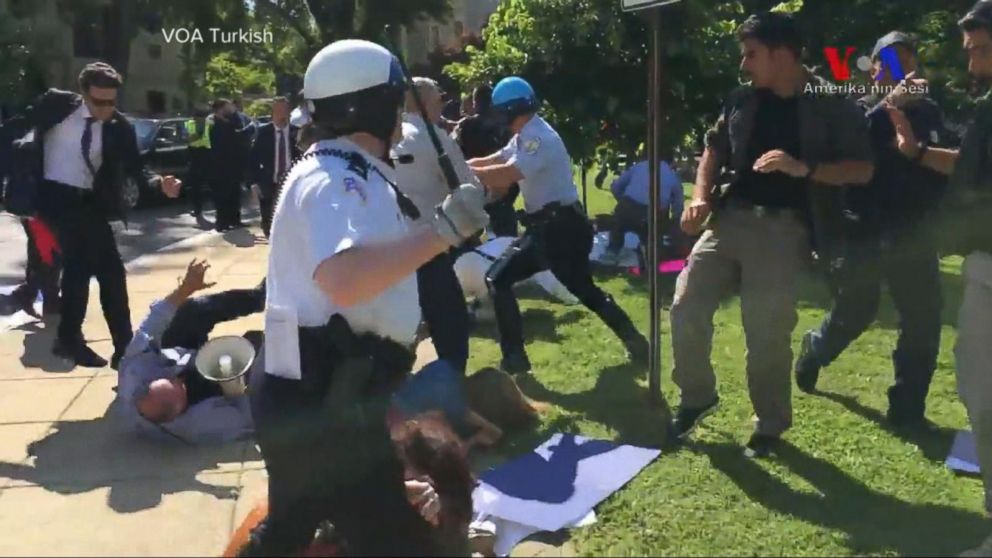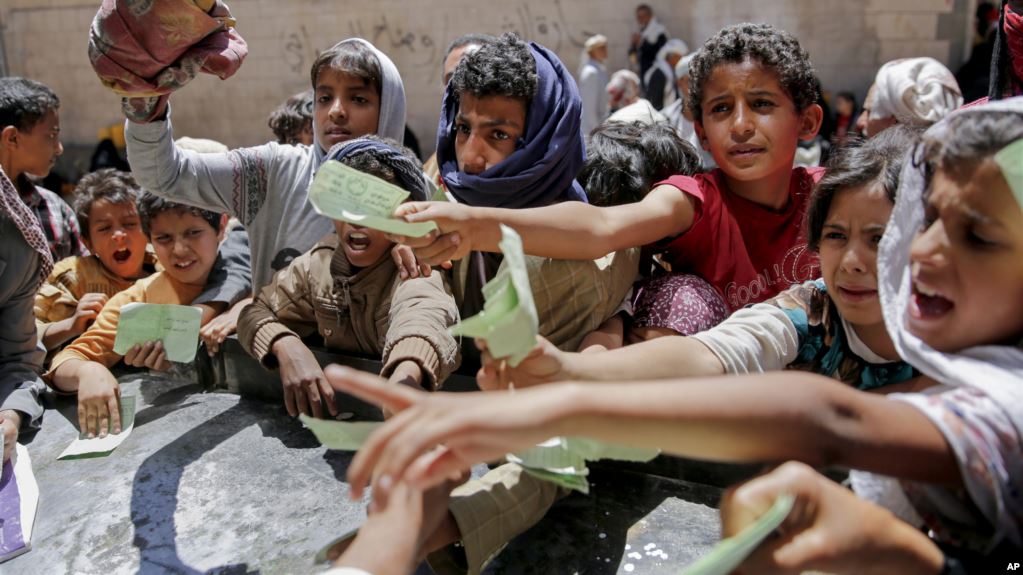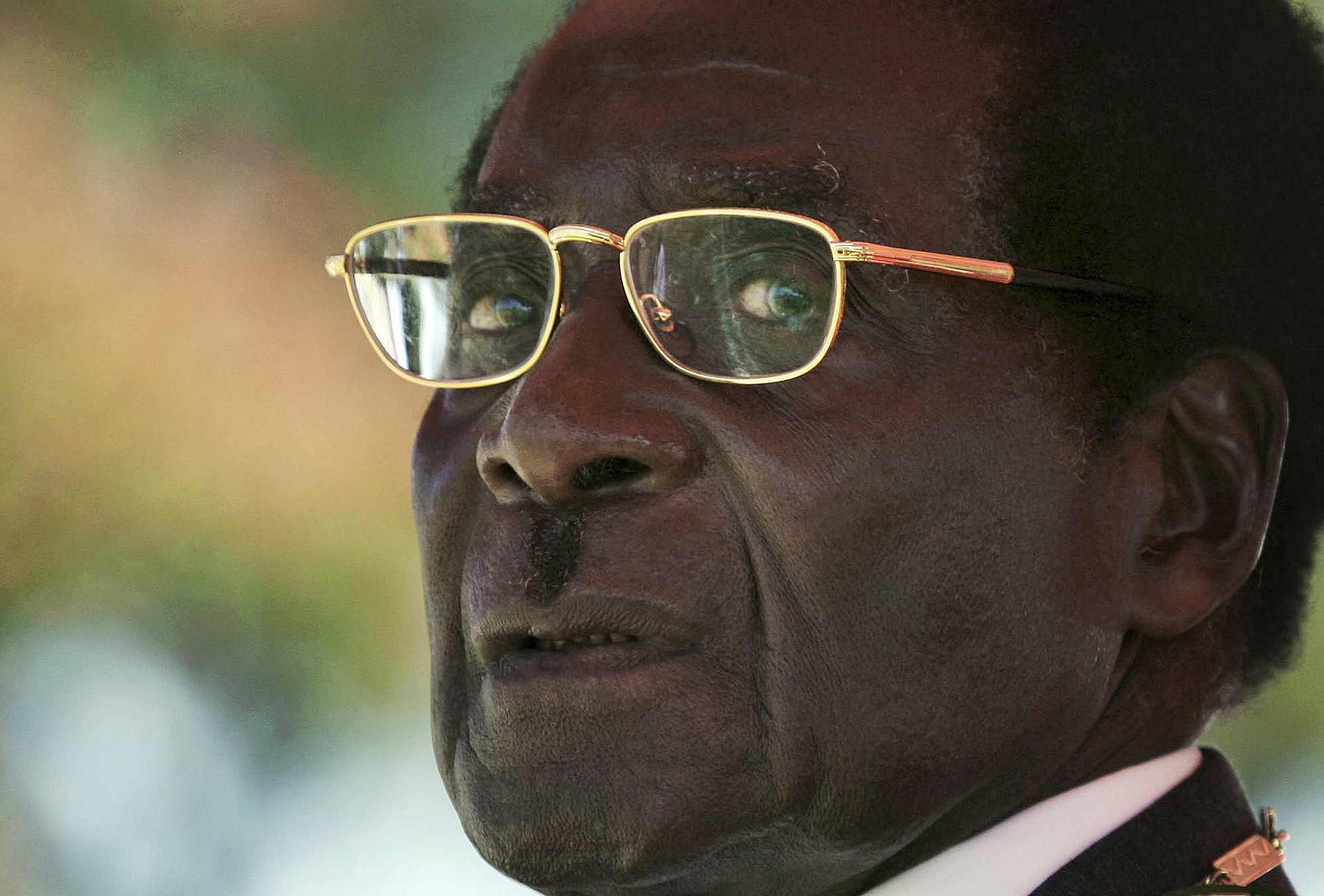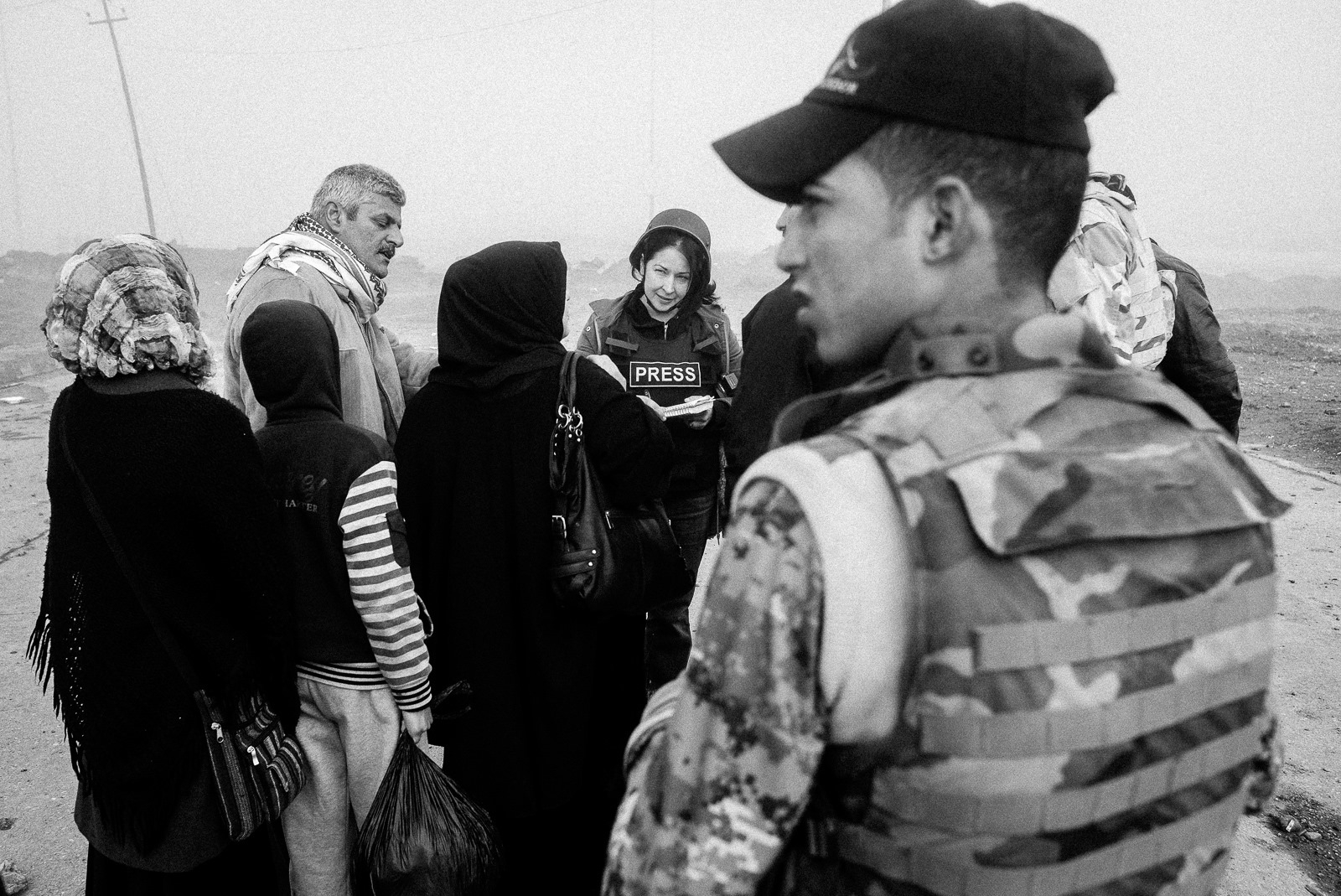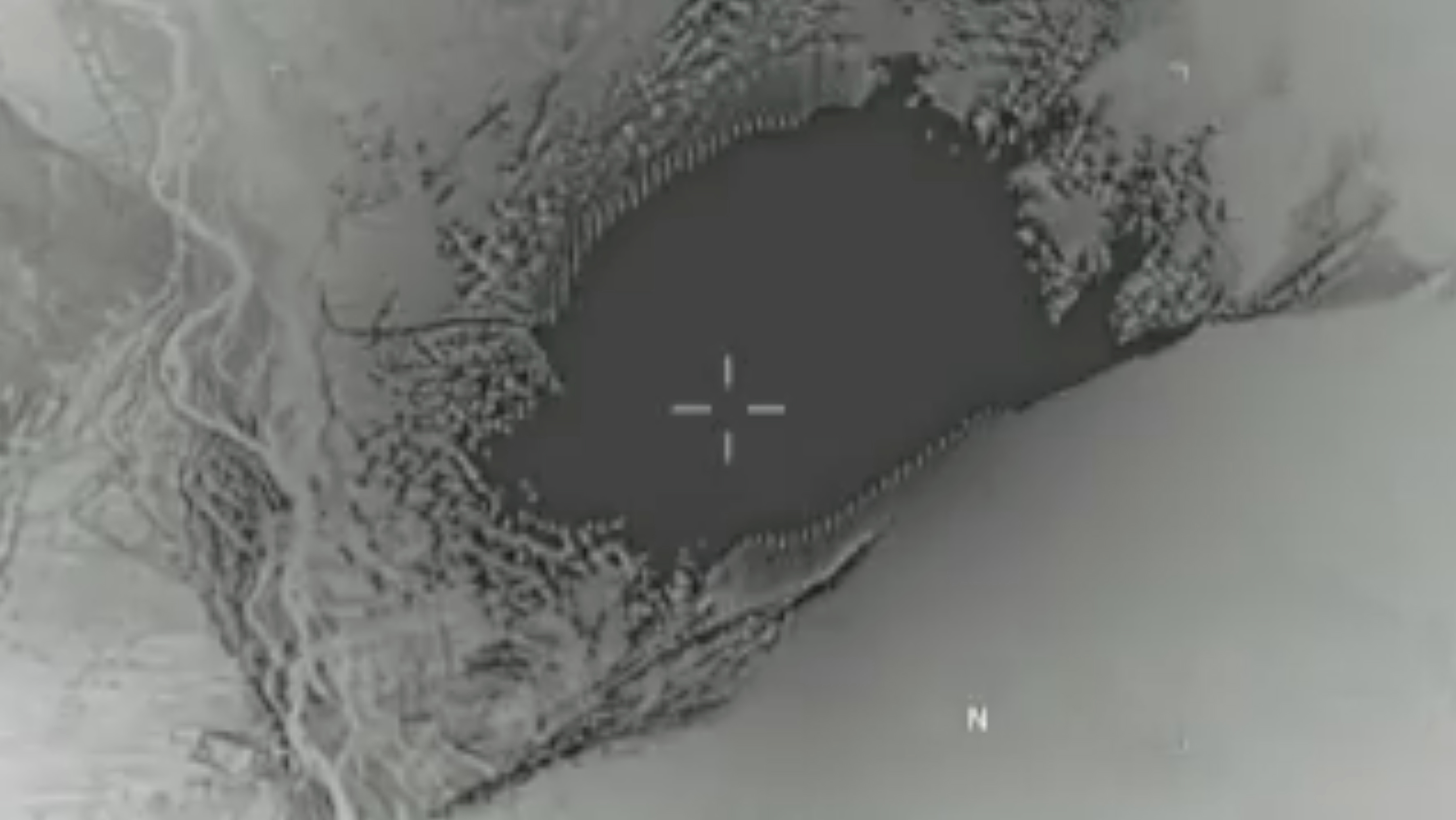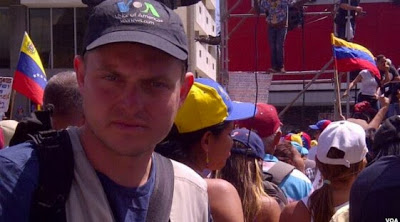Voice of America
Innovative programming and increased use of digital media propelled Voice of America to new heights in 2017, with audience and engagement metrics breaking past records. At a time when press freedom was under assault globally, audiences turned to VOA for news and information they could trust.
VOA reporting pulled back the curtain on terrorist and state-run propaganda and corruption. This included a documentary on Boko Haram that revealed the group’s brutality but also offered hope, showing four Nigerian women standing-up to the violence. VOA documented the Russian government’s disinformation campaigns at home and abroad, put a spotlight on humanitarian crises involving Rohingya refugees from Myanmar and ethnic Yazidis in Iraq, and gave voice to those trying to flee chaos in Venezuela. In the face of authoritarian regimes in Iran and China, VOA offered much-needed facts, and a means for free and open discussion.
As part of an intensified focus on telling America’s story, VOA provided more live streaming and simultaneous translation of events, giving the audience unfiltered access to U.S. officials and discussion of U.S. policies. It dedicated more resources to covering diaspora communities, such as Korean-Americans in New Jersey and ethnic-Somalis in Minnesota, showing how they thrive and the challenges they face.
VOA reoriented its news gathering processes to distribute more original reporting and to make content easily shareable via digital media. Editors broke down barriers between the news center and language services to enable greater sharing of unique content. More short videos ideal for the web were produced. VOA opened a bureau in Silicon Valley and established a technology beat as well as other beats to cover women’s issues, health, and immigration. More data-driven reporting led to creation of easily-shared graphics online.
Through its large affiliate network, VOA provided a much-needed alternative to local coverage of U.S and global affairs and it created a space for discussion of sensitive issues. For example, VOA partnered with journalists in the Balkans to investigate corruption and it gave women in Afghanistan an outlet for discussion of otherwise taboo subjects.
The impact of this reporting was widespread. The documentary on Boko Haram was screened in 13 cities in Nigeria and Niger and broadcast on more than 40 TV affiliates in English, Hausa, and French, and it was shown in schools as part of a local campaign to counter violent extremism. The VOA report on corruption in Bosnia dominated the local media space for months and resulted in government changes. VOA added 146 radio and TV affiliates in 2017, a sign of the desire for the agency’s brand of accurate and comprehensive news.
Research puts the measured weekly audience for VOA at 236.8 million, the highest ever. The transformation of digital media resulted in record online engagement. Social media proved to be valuable in countries that try to block VOA broadcasts or websites.
Year on year growth in use of VOA digital content was particularly impressive in Iran, Afghanistan, Pakistan, and Russia. Weekly website visits to VOA Persian were up 103%, visits to VOA Deewa, which targets Pakistan’s FATA region, were up 218%. Russian video views on Facebook were up 519%.
Many other language services also excelled on social media. VOA Mandarin ranked as third most popular Mandarin-language media on YouTube. Similarly, Urdu, Spanish, and Hausa had tremendous increases in video views on Facebook (740%, 349% and 718% respectively).
VOA’s organizational changes and strategies employed in 2017 resulted in a stronger and more agile news operation. This was evident late in the year when protests erupted in Iran. The Persian and English services quickly joined forces to provide coverage and analysis. Audience engagement with VOA spiked with an incredible 23 million video views on Instagram in just one day.

